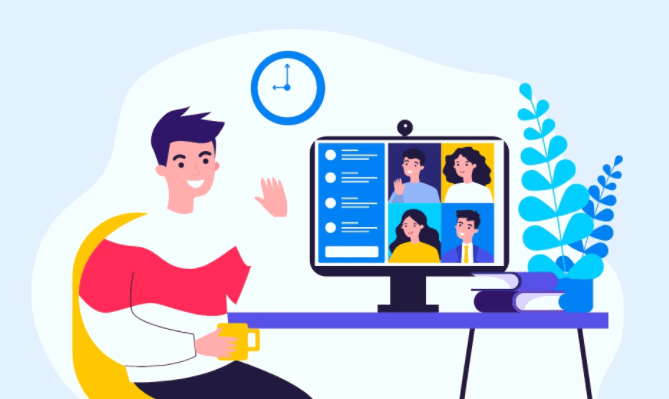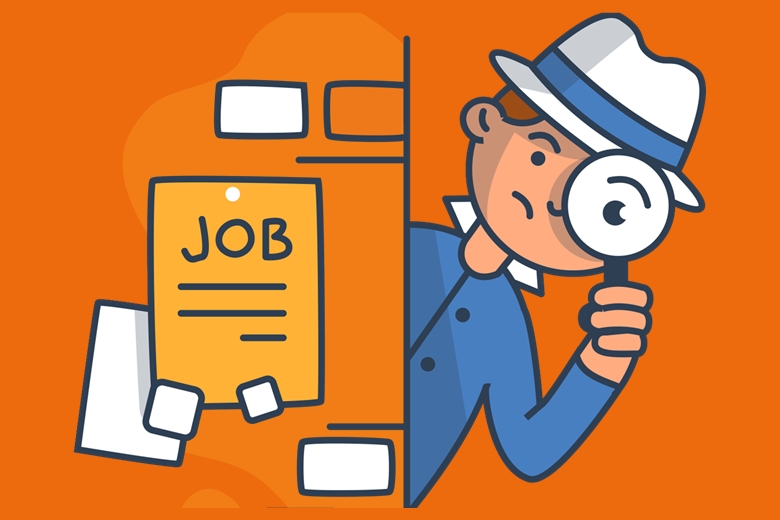
First of all,
The neurodevelopmental disorder known as attention-deficit/hyperactivity disorder (ADHD) is typified by issues with impulsivity, hyperactivity, and focus. Although ADHD can cause difficulties in many aspects of life, it’s crucial to understand that it doesn’t have to stand in the way of achievement. People with ADHD can succeed in their careers and personal lives if they are given the appropriate tools and assistance. This article examines cutting-edge methods for controlling ADHD and succeeding in a variety of fields.
Comprehending ADHD:
It’s critical to comprehend the nature of ADHD before diving into success tactics. The symptoms of ADHD, a complicated illness that affects people differently, can range from moderate to severe. An inability to focus, impulsivity, restlessness, disorganization, forgetfulness, and trouble finishing tasks are typical symptoms.
ADHD is a neurological disorder that affects the brain’s executive functioning, which includes the capacity to plan, organize, and control emotions. It is not a sign of ingenuity or laziness. Though it can cause difficulties, ADHD is also linked to qualities like creativity, spontaneity, and the capacity for unconventional thinking.
Innovative Techniques for Achievement:
Create Structure and Routine: Creating structure and routine in daily life is one of the best ways to manage ADHD. Establishing a consistent routine aids in the organization and time management of people with ADHD. Establishing regular times for sleeping, eating, working, and relaxing will help with this. Using visual planners or timetables can also assist people in staying organized and remembering crucial appointments and chores.
Divide Up the Work into Doable Steps:
People with ADHD may find it difficult to tackle large or overwhelming projects. Tasks seem more attainable and less overwhelming when broken down into smaller, more doable steps. Task lists, mental mapping, and the Pomodoro Technique—which involves working in short bursts with frequent breaks—are among strategies that can help people with ADHD maintain their motivation and focus.
Make Use of Technology
For those with ADHD, technology may be a very useful tool that can help them stay organized, manage their time, and become more productive. Using time-tracking, task-management, and note-taking tools and software can improve productivity and cut down on forgetfulness. Reminders, alarms, and notifications are a few examples of features that can help people remember crucial dates and appointments and stay on schedule.
Develop Self-Compassion and Mindfulness:
Deep breathing exercises and meditation are two mindfulness techniques that can assist people with ADHD in developing present-moment awareness and lowering distractibility. People who practice mindfulness are better able to deal with obstacles and difficulties because it teaches them to notice their thoughts and feelings without passing judgment. Furthermore, engaging in self-compassion exercises—that is, showing kindness and understanding to oneself—allows people with ADHD to face obstacles and disappointments with more resilience and hope.
Play to Your Strengths:
Although ADHD can be challenging, it can also be a sign of special abilities and skills. People with ADHD frequently do well in creative industries where creativity, spontaneity, and adaptability are essential. People with ADHD can succeed in their chosen endeavors and find joy by recognizing and utilizing their abilities. People with ADHD can excel at business and in life if they embrace their creativity, curiosity, and passion.
Seek Community and Support:
For those with ADHD, creating a support system is crucial. Asking for help from peers, family, and mental health experts can be a great way to get support, validation, and useful advice. People with ADHD can connect with people who have experienced similar things by joining support groups or online communities and benefiting from their knowledge and techniques.
Examine medicine and Therapy:
Although medicine isn’t always the best option, it can be an effective tool for treating the symptoms of ADHD. Methylphenidate and amphetamine are two stimulant drugs that are frequently recommended to help with focus, attention, and impulse control. Depending on the requirements and preferences of each patient, non-stimulant drugs and other therapies may also be taken into consideration.
Furthermore, therapy—such as coaching or cognitive-behavioral therapy (CBT)—can give people with ADHD useful tools for controlling their symptoms and overcoming obstacles. Therapy can assist people in addressing co-occurring disorders like anxiety or depression, helping them build coping mechanisms, and improving their time management and organizing abilities.
Develop a Growth Mindset:
Having a growth mindset, which is the conviction that intellect and skills can be acquired via hard work and dedication, can help people with ADHD face obstacles head-on and overcome them. People who have a growth mindset see failures as chances for learning and development rather than as failures. Success in business and life is possible for those with ADHD if they accept obstacles and have a positive outlook.
In summary:
Although ADHD has its own set of difficulties, it also offers chances for development, creativity, and perseverance. People with ADHD can overcome challenges and succeed in both work and life by putting innovative strategies into practice, such as creating structure and routine, breaking tasks down into manageable steps, using technology, engaging in self-compassion and mindfulness practices, playing to their strengths, looking for support and community, thinking about medication and therapy, and adopting a growth mindset. People with ADHD can thrive and reach their full potential, contributing significantly to society and leading happy, purposeful lives with the correct techniques and support.



















